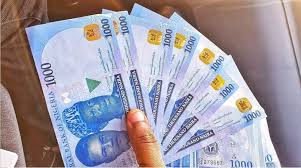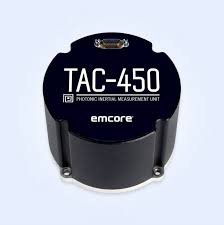Data released on Friday revealed that, as the central bank sold dollars in an attempt to support the faltering naira currency, Nigeria’s foreign exchange reserves fell to a six-year low of $32.87 billion at the end of December.
The naira has lost over 50% of its value and is now the third worst-performing global currency in 2023, according to Kyle Chapman, FX markets analyst at London-based Ballinger & Co. This turbulent year has been caused by a backlog of unresolved forwards, unfulfilled promises of dollar inflows, and a two-decade peak in inflation.
To protect the naira, the Central Bank of Nigeria (CBN) was forced to deplete its foreign exchange reserves, which peaked in June 2018 at $47.63 billion. The largest economy in Africa’s dollar reserve shrank in December to $32.16 billion, the lowest amount since September 2017.
“The naira’s downward momentum is likely to continue through much of 2024, and its ultimate trajectory will depend on whether the CBN’s rhetoric transforms into concrete policy moves that drive up the flow of U.S. dollars into Nigeria and shore up trust in the official market,” Chapman stated.
The naira sold for 845 naira on Friday after reaching a low of 1,248 naira on the official market last week.
The naira was quoted at 1,210 naira on the parallel market, but for a one-month settlement, it traded for 1,037.50 to the dollar on the forwards market.
Olayemi Cardoso, the governor of the CBN, has stated that he will let market forces decide currency rates while establishing uniform, transparent, and unambiguous regulations controlling market activities.
“If the CBN’s promised measures materialize and President Bola Tinubu’s government enacts structural changes to increase oil production or to drive foreign investment, there is plenty of opportunity for the naira to lift from its record lows,” Chapman stated.
“But a quick fix is unlikely, and further depreciation will come to counteract supply and demand imbalances.”




















